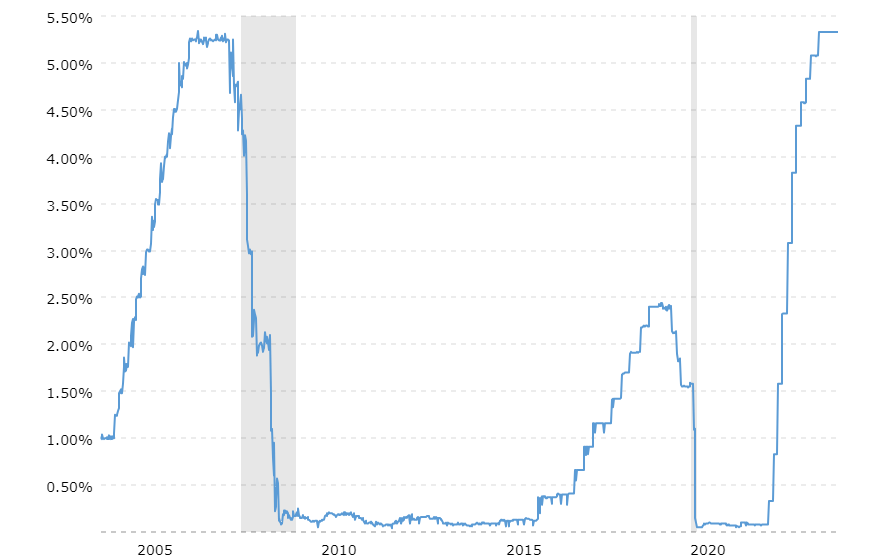Quality
“I don’t want to put empty calories into the world.” - Randy Rainbow
Almost twenty years ago, my husband and I bought our first sofa. It is a big, beautiful leather piece, well-worn and well-traveled. It is still the resting place for me when I am reading, Martin when he is studying or playing computer chess, Seb when he is practicing guitar, and all three of us during football season.
Growing up, my family had another talismanic sofa, affectionately referred to as “the blue couch”. It was suede, in a calming slate blue color, and to this day I maintain it was a magical sleep inducer - some of the best naps I’ve ever taken were on that blue couch. Like our leather sofa, the blue couch was around for decades.
Sadly, the Wall Street Journal published an article this week called, “Your New $3,000 Couch Might Be Garbage in Three Years. This is Why.” (January 18, 2024) The article highlights the fact that nowadays expensive sofas are too quickly worn, often falling apart, sometimes within a year of ownership. How can a major purchase, expected to last at least a decade, fall apart so quickly?
Quality.
What is quality, anyway? When I look at our sofa, I see beautiful material and a well-built piece. Nothing about it seems cheap. Time, substance, and skill went into producing the sofa. The price we paid, while dear at the time in 2005, was so worth it.
What happened?
Cheap money.
Fed Funds Rate History - source, Macrotrends
This chart shows the Fed Funds rate from 2005 to present day.
Notice the peaks in 2007 and more recently, in 2022.
The trough illustrates how interest rates were lowered, effectively, to zero, for the better part of 15 years. Fifteen years! Nearly the entire time my son has been alive. What happens when money is cheap? Lots of things, including companies borrowing to make products more inexpensively while keeping the “going rate” price for a product. Think about it: if we started a company in 2009 making sofas more cheaply than ever before, are we going to price the sofas significantly lower than the expected cost of an average sofa? Nope. We’re going to charge what the market will bear.
Cheap money doesn’t inspire quality - it unmoors from it.
Money isn’t cheap anymore, and the corollary is that quality is making a comeback.
Watch for these indicators to be crucial in the next few years:
Earnings quality - is a business making money? How profitable is it? Is the profit margin sustainable?
Quality of management - Who is running the shop? CEOs, executive teams, financial discipline and governance are critical.
Product / service quality - do companies deliver on their value promise?
As a business owner, I think about quality, not only in terms of the services I provide my clients, but also in terms of investments. There is no room for “cheap and cheerful” in a portfolio anymore.
It all needs to be quality.
This is my word for 2024, and it permeates how I think about life, not just investments. I encourage you to think about how quality shows up for you: in business, in relationships, in your environment, everywhere.
As I finished writing this piece, I could hear the sound of my son practicing his guitar, perched on our sturdy, lovely, reliable sofa.
May 2024 be filled with quality for you and yours.


